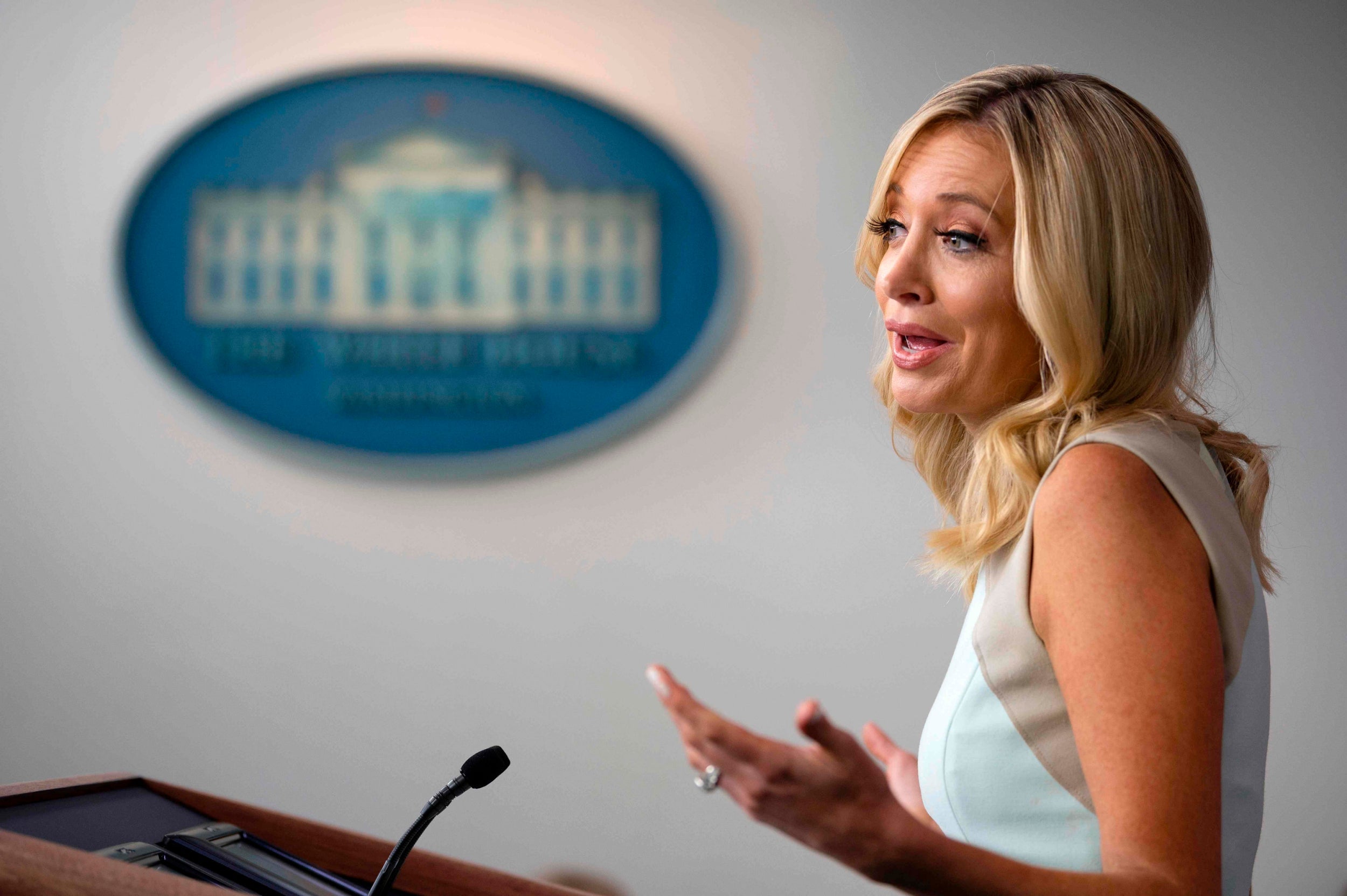Trouble ahead for Boris Johnson’s TV spokesperson
The old saying is that when the press officer becomes the story they are no longer any use; the person briefing journalists on the prime minister’s behalf on live TV will be the story from day one, John Rentoul writes


I can’t believe it. Boris Johnson is making the same mistake as Tony Blair. Doesn’t he know one of the first laws of politics, which is that you don’t create a powerful new job unless you know who is going to fill it?
The prime minister seems to have advertised for a spokesperson who will speak for him at daily televised media briefings, without having decided in advance who he would like to see in that job.
This is an equivalent folly to Blair legislating for a directly elected mayor of London without knowing who his candidate would be. Blair’s folly was worse in one way, in that he knew which candidate he didn’t want – and yet Ken Livingstone was hugely popular and turned out to be impossible to block.
At least Johnson gets to make his own choice of spokesperson, but unless he has a relationship of absolute trust with the successful candidate, it is all too easy to see how this is going to end in tears.
The idea of a televised spokesperson has been copied from the US, where Donald Trump either sacked the spokesperson after a short time (Anthony Scaramucci lasted just 11 days), or gave up regular briefings altogether. It is only with an election looming that briefings have now resumed, given by the surprisingly effective Kayleigh McEnany.
Perhaps Johnson will find his McEnany straight away, but the prospects look uncertain. Whoever is chosen will become the focus of intense media scrutiny and deep ministerial resentment. Journalists will want to catch out the spokesperson as a way of bringing down the prime minister (I mean, “as a way of holding him to account”). Ministers will begrudge the media exposure that they think belongs to elected representatives in a democracy.
The old saying is that when the press officer becomes the story, they are no longer any use; this TV spokesperson will be the story from day one. Indeed she (I’m guessing) is likely to be the story from the moment her appointment is announced.
It is going to be a huge distraction – and that may be one of Johnson’s anarchic motives: to distract from mass unemployment and the coronavirus inquiry, except that those are going to be the only things journalists will want to ask the spokesperson about.
It is likely to go wrong, in that a press officer’s job is often to say, “no comment”. Saying “no comment” on live TV, or “I’ve already answered that question” or “I refer you to the prime minister’s words on that” or “I hope to have something for you on that in the next few days”, is not going to look so good.
What is more, the appointment will raise constitutional questions about whether Keir Starmer ought to have a similarly visible spokesperson, and about how some kind of parity of exposure for other parties might be engineered.
But most of all, it is going to create a powerful post at the heart of government. Information is power; speaking on behalf of the top person is a form of power; and the personality and interests of the spokesperson will shape government policy at the edges.
Perhaps Johnson has already decided who he wants in the post, and the job advert is just going through the motions, or a way of checking that there isn’t someone else out there, in the way that Blair tried to persuade Richard Branson and Alan Sugar to run for London mayor. But even if he has the most brilliant and trusted candidate in mind, Johnson could be creating trouble for himself.
Join our commenting forum
Join thought-provoking conversations, follow other Independent readers and see their replies
Comments